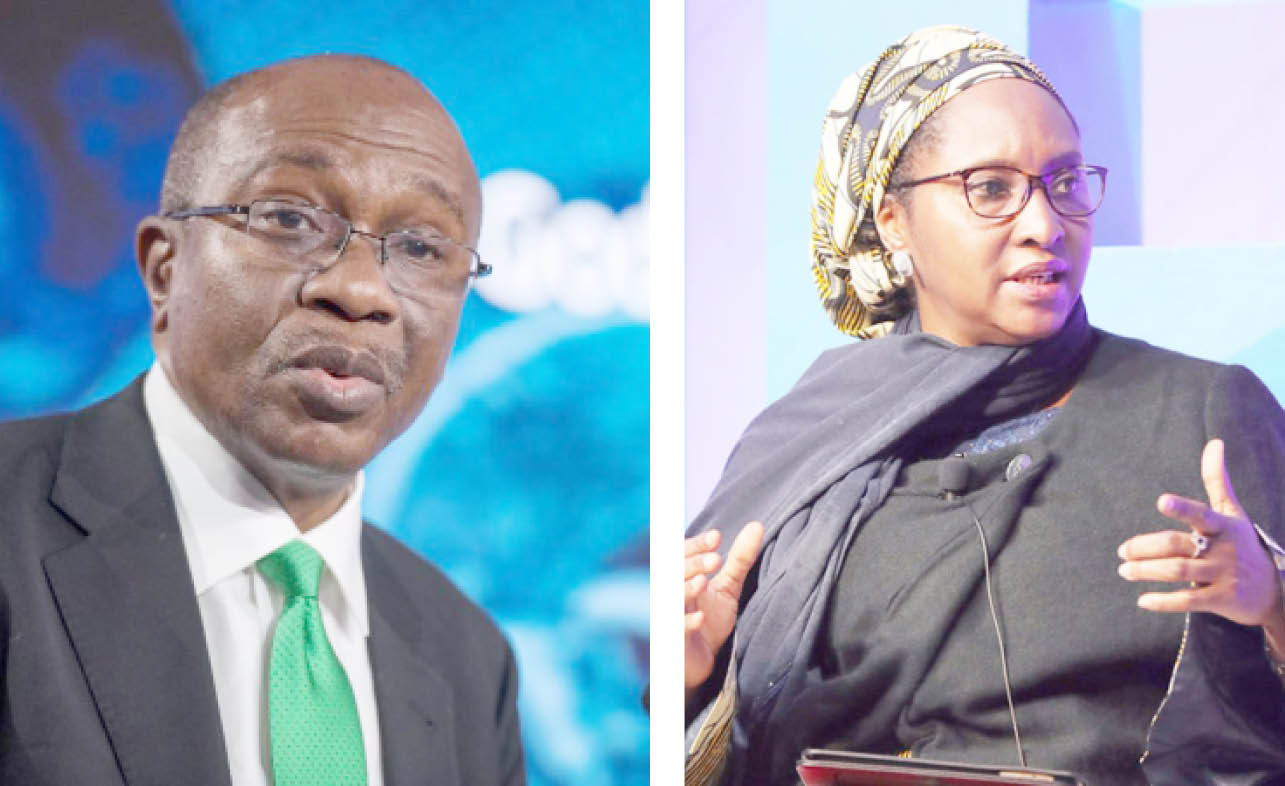Nigeria’s economy has over the past six decades transformed significantly from a basically agrarian economy to one largely driven by services and oil and gas, and this is not healthy for the economy.
An economist and founder of Centre for the Promotion of Private Enterprise (CPPE), Dr. Muda Yusuf, in an exclusive chat with Daily Trust on Sunday, said it is not late for the federal government to reverse the contribution of agricultural sector to the Gross Domestic Product (GDP) which has reduced from an estimated 60 percent in the 60s to about 23 percent presently.
The services sector, he said, has grown significantly since independence and now contributes over 50 percent of the country’s GDP. These, according to him, are indications of significant structural change that has taken place in the Nigerian economy since independence as the service sector contribution to employment generation and revenue to government has risen sharply over time.
While the Nigerian economy has recorded an impressive growth rate over the past decades; there are a few instances of sluggish growth as the challenge of creating an inclusive growth trajectory remains a major concern. “While the economy has experienced some positive growth trend over the past six decades, especially in the oil boom era, the impact of poverty, inequality and job creation has been very minimal. This is what is characterized as growth without development,” the economist said.
Analyzing the current economic concerns, Yusuf who is the former Director General of the Lagos Chamber of Commerce and Industry (LCCI) said that the country’s macroeconomic management framework has continued to pose serious challenges to investors in the economy. A situation, he said, has been further compounded by the shocks and disruptions inflicted by the COVID-19 pandemic.
According to him, the macroeconomic management challenges have manifested over the years in the weak and depreciating currency, high inflationary pressure, high debt profile, exchange rate volatility, liquidity crisis in the foreign exchange market, increasing fiscal deficit, acceleration of money supply growth following the rising CBN financing of deficit.
He noted that there are also profound concerns around investment climate issues, highlighting high infrastructure deficit, cargo clearing challenges which have continued to worsen, weak productivity in the real sector largely as a result of infrastructure conditions, regulatory challenges and policy inconsistency.
Also, persistent importation of petroleum products had continued to put pressure on foreign reserves and weakened the capacity of the CBN to support the forex market while Petroleum refineries have remained non-performing over the years.
Charting the way forward, Dr. Yusuf stressed the need for urgent steps to be taken to ensure a better macroeconomic management framework to stabilise the exchange rate, eradicate the challenge of illiquidity in the foreign exchange market as well as stem the current depreciation of the Naira.
He further noted that it is imperative to have urgent reforms in the foreign exchange market with greater focus on supply side strategy; stressing the need to review the current disproportionate emphasis on demand management of the foreign exchange market.
Also, he urged Nigeria to strengthen strategies to attract private sector capital to complement government financing of infrastructure.
On debt financing, Dr. Yusuf said there is a need to reduce the level of debt financing, especially the reliance on commercial debt to fund government operations as public debt is already at an unsustainable threshold.
Steps, he said, should be taken to attract foreign exchange through a strategy of ensuring new investment opportunities to stimulate foreign capital inflows into the economy. “We should be seeking more equity capital than debt capital. There is need to review the Nigeria’s trade policy to support investment growth and investment sustainability while tax policy must support investment and not become a disincentive to investment,”
“The international trade process needs to be reformed to prioritise trade facilitation because the current obsession for revenue generation is hurting the international trade processes and impacting adversely on domestic and foreign investment. Therefore, the orientation of the Nigeria Custom Service, Nigerian Ports Authority, the shipping companies and the terminal operators and the security agencies at the ports need to change in favour of an investment friendly international trade processes,” he stressed.
The economist mentioned that the security situation which has continued to deteriorate must be urgently addressed in order to create more investors’ confidence. He added that there should be greater emphasis on quality intelligence in the war against terrorism.




